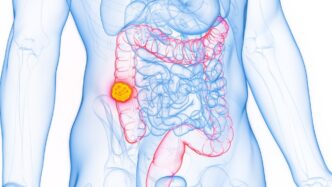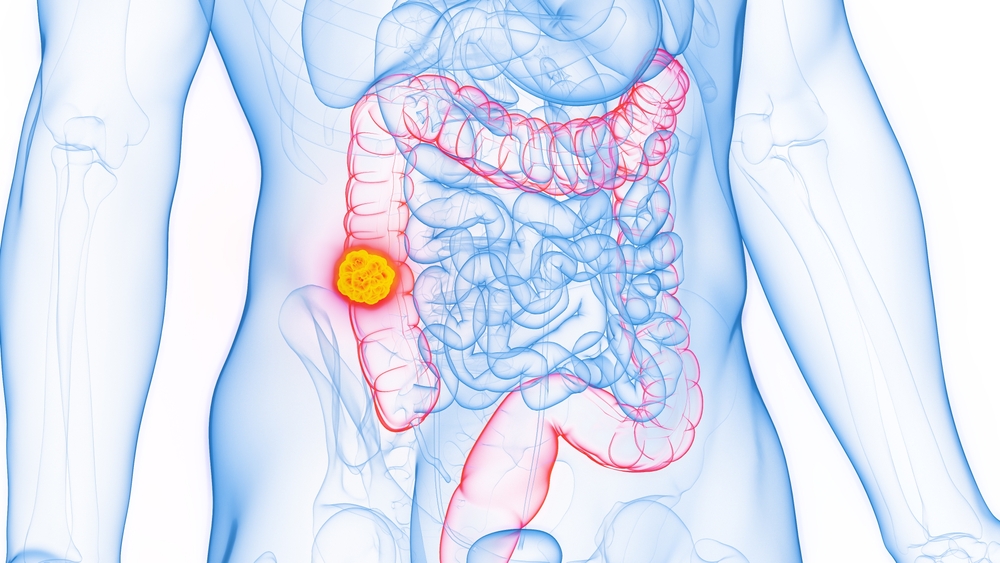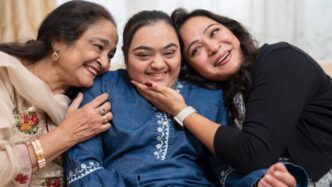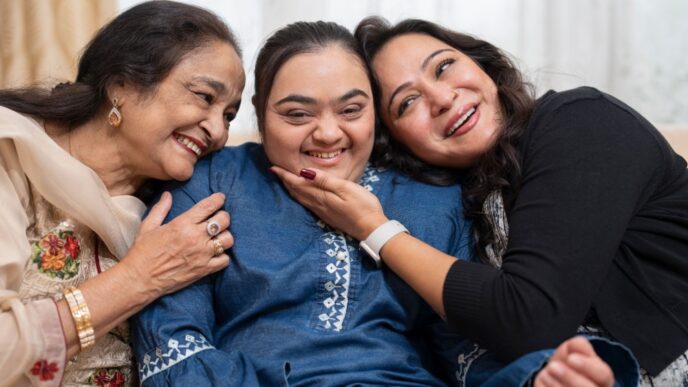Colorectal cancer is the most common cancer among Malaysian men and is increasingly affecting younger adults. Early detection through simple, non-invasive screening tests can save lives. Learn why screening matters, what tests are available, and how you can access them for free at government clinics.
WORDS LIM TECK CHOON
 FEATURED EXPERT FEATURED EXPERTDR JOTHINATHAN MUNIANDY Consultant General and Colorectal Surgeon Oriental Melaka Straits Medical Centre |
Colorectal cancer often begins with subtle symptoms like a trace of blood in the stool, mild stomach aches, or a persistent urge to pass motion.
However, these symptoms are often considered to be those of haemorrhoids or minor digestive issues.
According to Dr Jothinathan Muniandy, about 70% of cases in Malaysia are diagnosed only at late stages, when treatment becomes more difficult and survival rates drop sharply.
EARLY DETECTION, HOWEVER, DRAMATICALLY IMPROVES OUTCOMES
- Stage 1 colorectal cancer patients have a five-year survival rate of roughly 76%, compared to just 17% at stage 4.
- Screening allows individuals to detect potential problems before symptoms appear, making colorectal cancer largely preventable and treatable.
AVAILABLE SCREENING METHODS
Several simple, non-invasive tests can help detect colorectal cancer early:
- Immunochemical faecal occult blood test (iFOBT), which detects hidden blood in the stool, an early sign of potential colorectal cancer.
- M2-PK stool test, which checks for abnormal enzyme markers that may indicate cancerous growths.
If these tests return positive results, a colonoscopy — a procedure where a doctor examines the inside of the colon using a flexible camera — allows for diagnosis and removal of suspicious growths in the same session.
These screenings are painless, quick, and highly effective at catching the disease early.
GETTING THESE TESTS FOR FREE IN MALAYSIA
- Screening is generally recommended from age 50 for average-risk adults.
- However, rising cases among younger Malaysians have prompted health authorities to advise starting at age 45, or age 40 for those with a family history.
Despite their importance, uptake of these tests remains low, often due to fear, embarrassment, or misconceptions about the procedures.
The good news is that many government clinics and NGOs, including the National Cancer Society Malaysia and Colorectal Cancer Survivorship Society Malaysia (CORUM), offer these tests free of charge.
Dr Jothinathan urges Malaysians to take advantage of these services.
Additionally, he advises us to:
- Maintain a healthy diet high in fibre, fruits, and whole grains
- Exercise regularly
- Talk openly about bowel health with our doctors
| This article is part of our series on cancer, symptoms, and science-based innovations in detection and treatment of cancer. |












